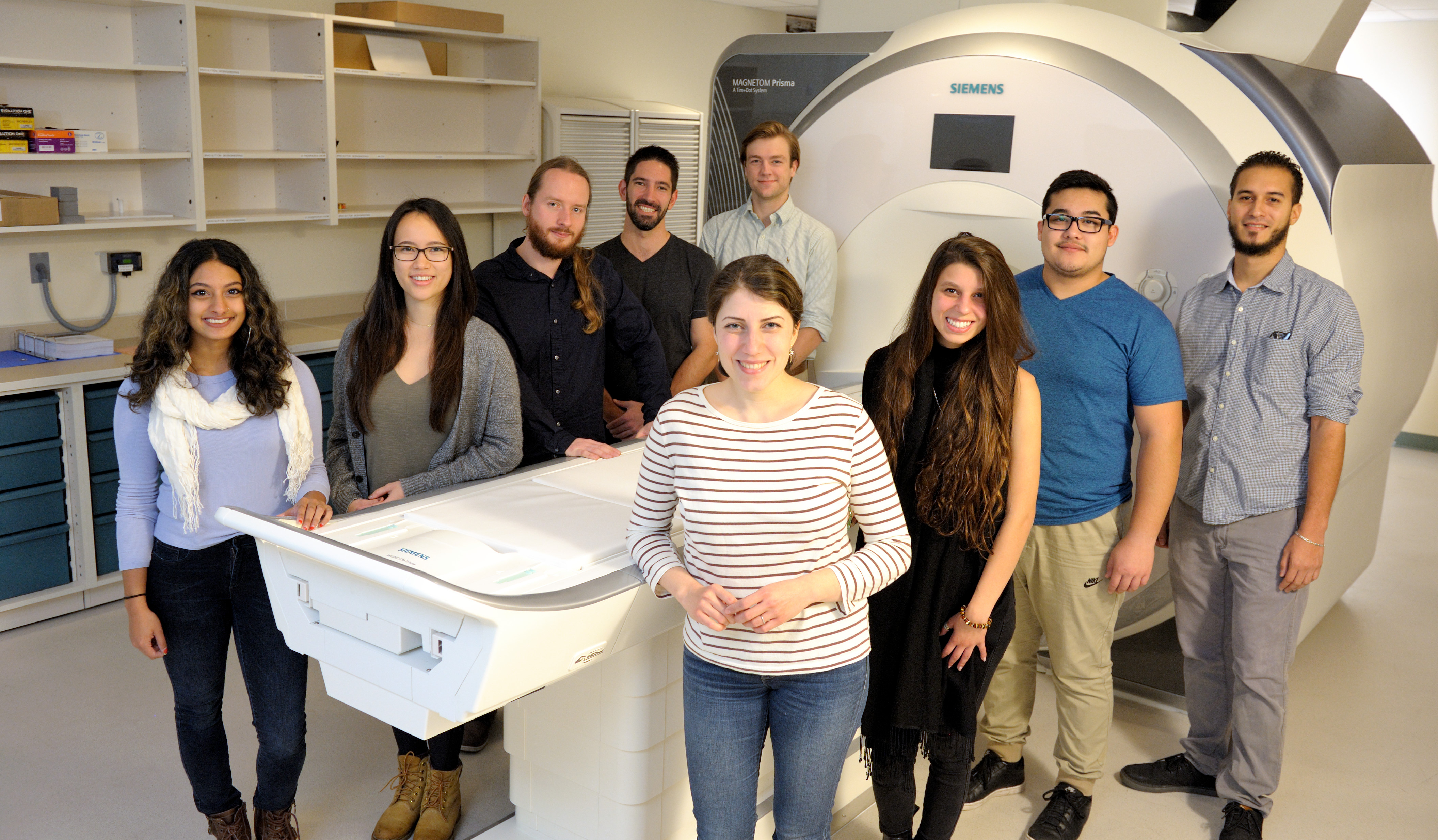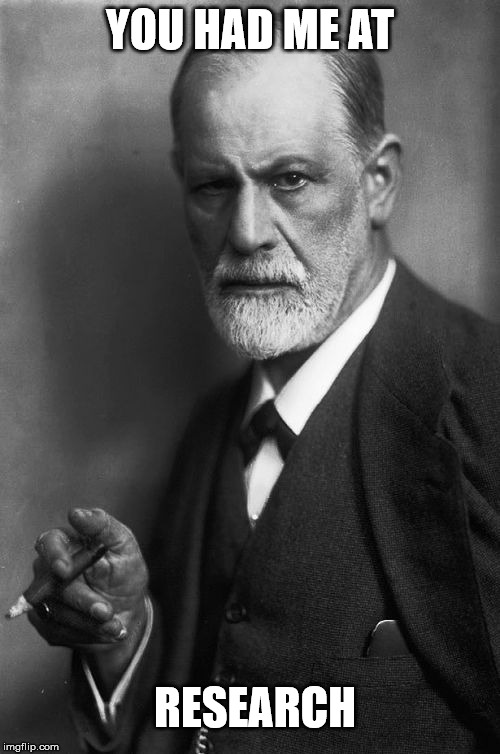PSYC 290 is an "entry-level" experience in which students gain first-hand experience conducting laboratory research. The scope and type of work vary across disciplines and faculty, but will involve active participation in ongoing research. Most experiences require three hours per week of laboratory for every PSYC 290 credit hour and the work is graded as S/U.
 Whether you want to be a casual researcher - just need some elective hours; an exploring researcher - thinking of research as a possible career path but would like to learn more from the graduate student or faculty member in the lab; or the determined researcher - wanting to get as much experience as possible to prepare for a Ph.D. research graduate program, you'll have the opportunity.
Whether you want to be a casual researcher - just need some elective hours; an exploring researcher - thinking of research as a possible career path but would like to learn more from the graduate student or faculty member in the lab; or the determined researcher - wanting to get as much experience as possible to prepare for a Ph.D. research graduate program, you'll have the opportunity.
PSYC 290 hours count toward your overall credits in Psychology and UIUC. They do not affect your GPA and cannot satisfy any specific requirements. Consider PSYC 290 credit as elective hours.
How Do I Find Research Opportunities?
Some researchers and laboratories post openings on the psychology website and others provide contact information for interested students on their websites. The expandable links below have more information about different ways to find 290 positions.
Laboratories vary in their requirements for Psych 290 students. Some require specific coursework or prior research experience, but many do not. When you reach out to a laboratory or researcher about a possible 290 position, you should attach a completed version of the following "fillable" pdf form:
The form linked above asks for information about your experiences, coursework, and background that most laboratories will need to get started in evaluating you for a research position. (If a posted 290 position or website requests additional information, you should make sure to provide that information too.)
Posted student research opportunities
The Student Research Opportunities page provides a current list of research labs recruiting research assistants, mostly for PSYC 290 credit.
Learn about and contact faculty
You can email faculty directly to ask about research opportunities. If you do so, your email should introduce yourself and you should attach the Psych 290 Information Form to your email. Before you reach out, it would be a good idea to learn more about faculty and their research. You can view all of the faculty research laboratories, browse through the research themes in the department, or find researchers by program areas.
Talk with friends or teaching assistants
Many students are "in the right place at the right time" because they seek lab information through friends, teaching assistants, Undergraduate Psychology Association, etc. Talk to as many people as you can.
Examples of PSYC 290 Research Duties
- Meta-analysis of literature
- Recruiting participants
- Data preparation and collection
- Coding paper and videos
- Edit unpublished manuscripts
- Coding data
- Run participants
- Answering phone calls
- Programming through Qualtrics
- Imaging techniques
- Administering cognitive tests
- Investigator
- Setting up EEG
- Coding Chinese and American student behavior
- Lab manager
What's Next?

Some labs have applications and some labs interview. Once you have secured a verbal agreement to work in a lab, you'll go through an approval process. Use the electronic PSYC 290 Approval Form - that will start the process. Within a few work days, you'll receive an e-mail from Psych Advising with the appropriate 5-digit CRN. Use that CRN to enroll in PSYC 290. The CRN will default to one (1) credit hour - if you are receiving more than one (1) credit hour, please adjust.
Opportunities beyond PSYC 290
PSYC 290 can be a stepping stone to more involved research, PSYC 494, Advanced Research in Psychology, which can lead to additional research opportunities - Honors Program or Capstone Program - that can lead to writing a bachelor's thesis.
Apply for an Undergraduate Research Scholarship in Psychological Science
The goal of this program is to enable research opportunities for students who face financial and time constraints that otherwise prevent them from participating in research. One student will be selected for this program, which is aimed at attracting those who might otherwise be unable to participate in faculty research laboratories because of time constraints associated with securing their financial support (e.g., working a part-time job).